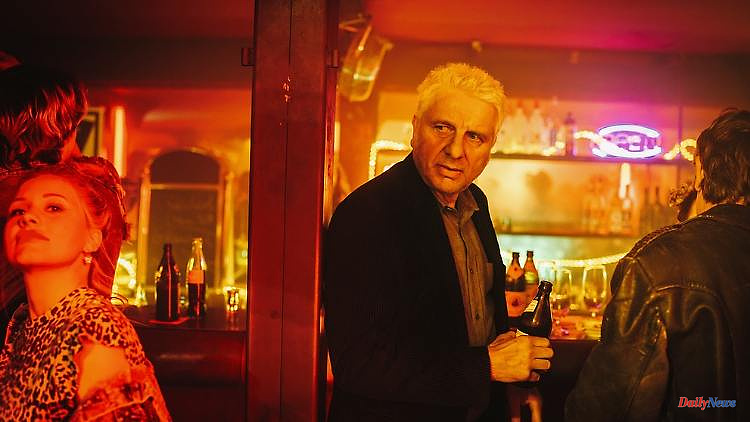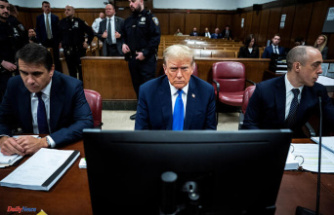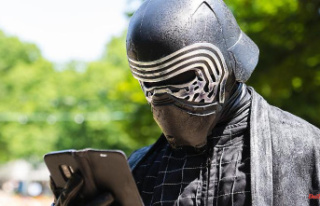In Munich, the longing for the past is currently quite great, at least in the "crime scene": After a carnival flashback to earlier times, Batic and Leitmayr travel back to 1987 this time - in the brain of a therapist with dementia.
After a visit to the trendy disco "Flash", a young woman is murdered in 1987 and left behind on the banks of the Isar with the back of her head burned. 35 years later, the Munich commissioners Batic (Miroslav Nemec) and Leitmayr (Udo Wachtveitl) are investigating the ancient murder again, because the then convicted Alois Meininger (Martin Leutgeb) has now been released from custody and subsequent preventive detention - and apparently promptly struck again Has. In order to track down Meininger, the inspectors want to access the memories of the only living witness, his therapist at the time (Peter Franke). But they are deep in the convolutions of the brain of the now severely demented Dr. prince spilled.
In order to bring them back to life, Batic and Leitmayr seek out the renowned neuropsychologist Vonderheiden (André Jung), who uses reminiscence therapy to help demented patients remember. Using an 80s backdrop, Dr. prince dive back into the past. At least superficially, because the two Munich investigators actually have a completely different agenda.
As in the carnival "crime scene", the Munich "crime scene" wants to dive into earlier times. Offers itself with the advanced age of the investigators also. This time, reminiscence therapy is a tool for a believable look back, which logically also moves into the center of the film.
There are a few awkward scenes, but at the latest the finale of the film in the former "Flash" club is definitely a bit too big.
Peter Franke plays the demented Dr. Prince with an urgency that saves a lot in this case. Sometimes you just want to hold the helpless old man in your arms, then all of a sudden his apparently rather dominant former self flashes through again - switched so quickly that even as a viewer you can hardly keep up.
6.5 out of 10 points. "Flash" follows an interesting narrative approach and has its bright moments, but then it often seems a bit strained and, above all, predictable.












